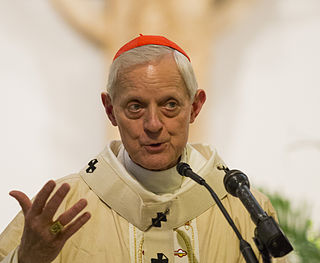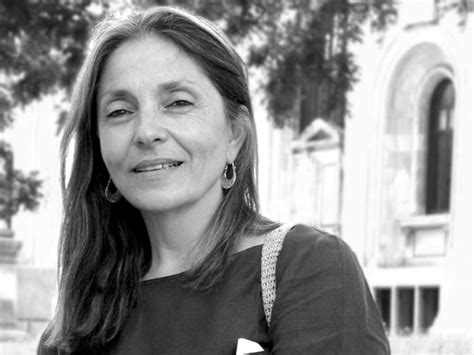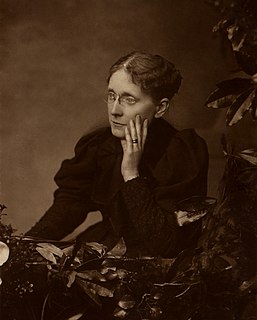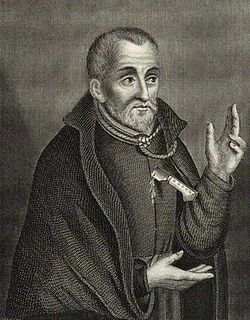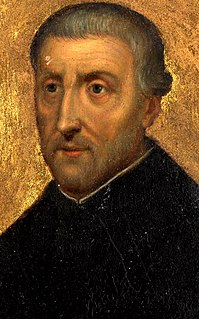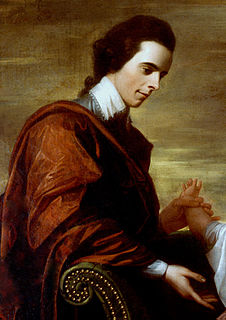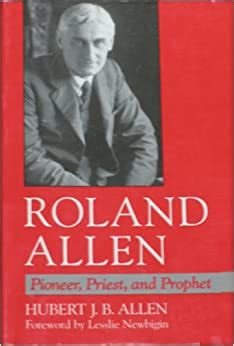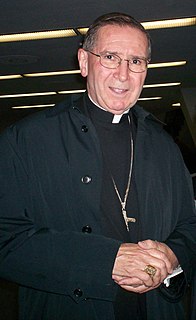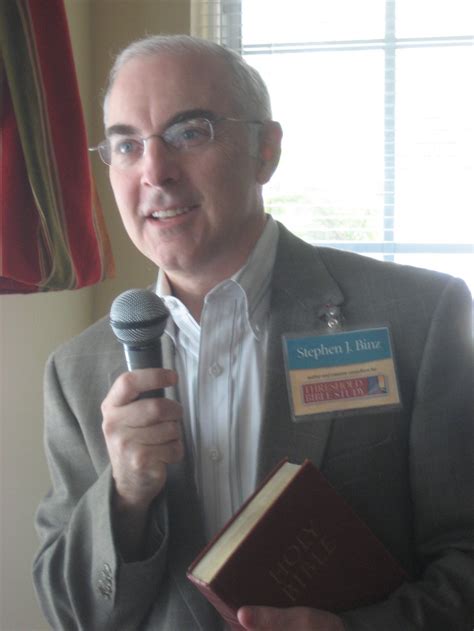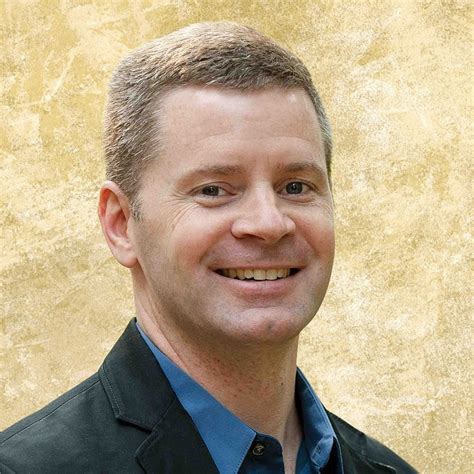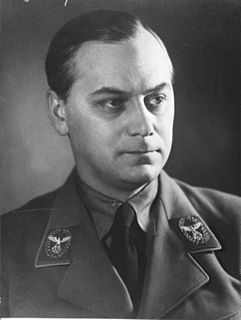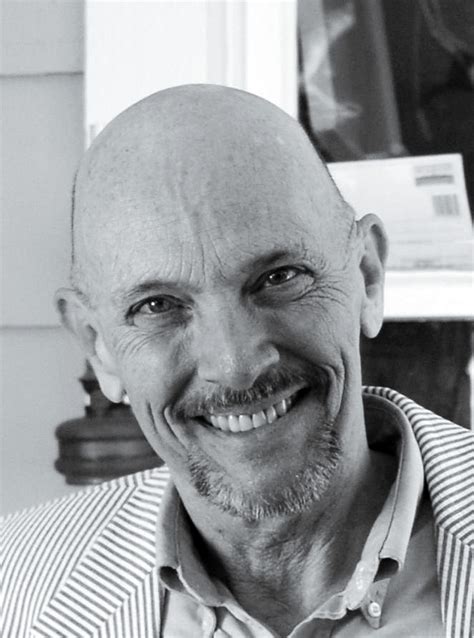Top 71 Sacraments Quotes & Sayings
Explore popular Sacraments quotes.
Last updated on April 13, 2025.
There are sacraments of evil as well as of good about us, and we live and move to my belief in an unknown world, a place where there are caves and shadows and dwellers in twilight. It is possible that man may sometimes return on the track of evolution, and it is my belief that an awful lore is not yet dead.
At this gathering [Council of Niceau in 324 AD] many aspects of Christianity were debated and voted upon ? the date of Easter, the role of the bishops, the administration of sacraments, and, of course, the divinity of Jesus... until that moment in history, Jesus was viewed by His followers as a mortal prophet... a great and powerful man, but a man nonetheless. A mortal.
What is more insane than to be partakers of the Sacraments of the Lord and not partakers of the words of the Lord? These men truly have to say: "In Thy Name we have eaten and drunk," and they will have to hear: "I do not know you!" (Luke 13:26-27). They eat and drink His Body and Blood in the Sacrament and do not recognize in the Gospel His members spread over the whole world, and for this reason they are not numbered among them at the Judgment.
The most important truths always appear first as blasphemies or obscenities. That's why every great innovator is persecuted. And the sacraments look obscene, too, to an outsider. The eucharist is just sublimated cannibalism, to the unawakened. When the Pope kisses the feet of the laity, he looks like an old toe-queen to some people. The rites of Pan look like a suburban orgy.
[John Calvin's] treatment of the person and work of Christ, of the Holy Spirit in the life of the believer, of prayer and liturgy, of the sacraments, and of the way in which we have an in-built sense of the divine that we suppress to our great sorrow - these are all immense contributions to Christian thought. The same could be said of his commentaries, which are still regularly consulted by biblical critics today.
Christ has given us, not only the ritual of an ordinance, but the pattern for our lives, when He took the cup, and gave thanks. So common joys become sacraments, enjoyment becomes worship, and the cup which holds the bitter or the sweet skillfully mingled for our lives becomes the cup of blessing and salvation drank in remembrance of Him.
Today a new faith is awakening — the Myth of the blood; the belief that to defend the blood is also to defend the divine nature of man in general. It is a belief, effulgent with the brightest knowledge, that Nordic blood represents that Mysterium which has overcome and replaced the older sacraments.
There's an ethic that says: 'You don't run off to the church for the sacraments of salvation, you establish a personal relationship with God. You don't run off to the courts for justice, you settle it yourself. You don't run off to labor unions to sort out your work relations, you can take this job and shove it if you don't like what you're doing.
The gospel has but a forced alliance with war. Its doctrine of human brotherhood would ring strangely between the opposed ranks. The bellowing speech of cartoon and the baptism of blood mock its liturgies and sacraments. Its gentle beatitudes would hardly serve as mottoes for defiant banners, nor its list of graces as names for ships-of-the-line.
But Christ could certainly not have established the Church. That is, the institution we now call by that name, for nothing resembling our present conception of the Church-with its sacraments, its hierarchy, and especially its claim to infallibility-is to be found in Christ's words or in the conception of the men of his time.



